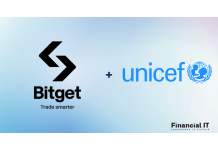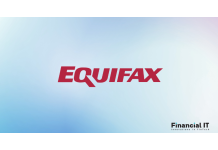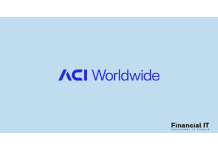Visa Analysis: UK Holiday Spending Climbs 3.6%
- 23.12.2025 11:25 am
Bitget And UNICEF Launch Initiative To Empower Girls...
- 22.12.2025 10:15 am
From Resolution To Reality: Credit Tips To Help...
- 17.12.2025 11:55 am
Starling Bank Launches New Tool To Help Customers Be ‘...
- 11.12.2025 10:35 am
LHV Bank Launches Easy Access Savings Account Paying 4...
- 27.11.2025 09:05 am
Innovative Debt Consolidation Technology Could Save...
- 25.11.2025 09:15 am
Friendly Fraud Expected to Increase by 25% Between...
- 25.11.2025 09:05 am
Zopa Bank Launches Investments to Help Brits Grow...
- 20.11.2025 09:05 am
Up to 46 Million Brits Hit With Unexpected Costs as...
- 19.11.2025 09:45 am
Smart Money App Plum Expands Cash ISA Bonus to...
- 06.11.2025 06:40 am
GoHenry Celebrates the Government’s Decision to Make...
- 05.11.2025 09:55 am
Urgent Need for Additional Support From Financial...
- 04.11.2025 08:55 am






















